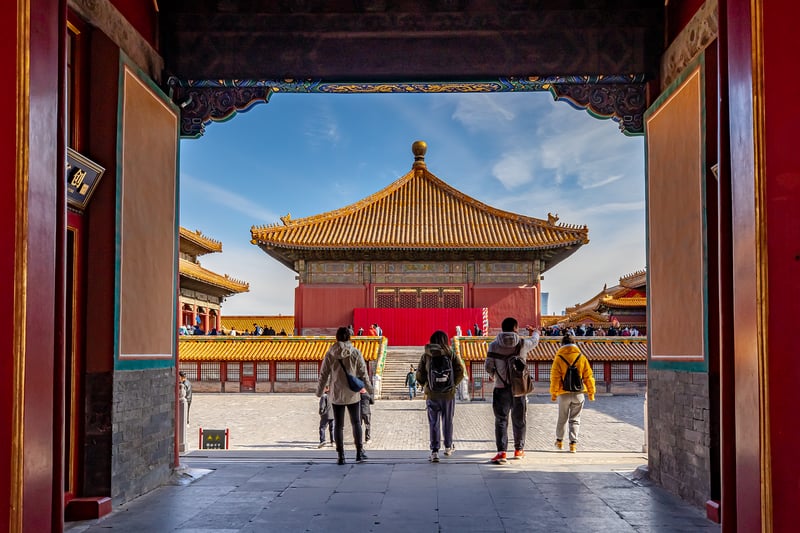Changing the Past
The Moral Implications of Altering History
History is a record of past events, actions, and decisions that have shaped the world as we know it today. The idea of altering history, whether through time travel, advanced technology, or intentional manipulation, raises significant moral questions and dilemmas that warrant careful consideration.
1. Ethical Considerations
One of the primary moral implications of altering history is the ethical dilemma of changing the course of events that have already occurred. By manipulating the past, individuals or groups may unintentionally cause harm, disrupt the natural order of events, or erase important lessons learned from historical events.
2. Butterfly Effect
The concept of the butterfly effect suggests that even small changes in the past can have significant and unpredictable consequences in the future. Altering a single event or decision could lead to a chain reaction of events that result in unintended outcomes, potentially causing more harm than good.
3. Respect for Truth and Memory
History serves as a collective memory of humanity, preserving the stories, struggles, and triumphs of past generations. Altering historical records or events can distort the truth, undermine the integrity of historical accounts, and disrespect the experiences of those who lived through those events.
4. Preserving Cultural Heritage
Cultural heritage is deeply intertwined with history, reflecting the values, traditions, and identities of societies throughout time. Changing historical events could alter cultural heritage, erase unique traditions, and disrupt the continuity of cultural practices that have been passed down through generations.
5. Learning from the Past
History provides valuable insights into human behavior, societal development, and the consequences of actions taken in the past. By altering history, we risk losing the opportunity to learn from past mistakes, understand the complexities of historical events, and appreciate the progress made over time.
Conclusion
While the idea of changing the past may be intriguing, it is essential to consider the moral implications and ethical concerns associated with altering history. By respecting the integrity of historical events, preserving cultural heritage, and learning from the lessons of the past, we can ensure that our actions in the present contribute to a more informed and responsible future.

For more information on this topic, you can visit History.com.
